9 GPTs for Digital Humanities Powered by AI for Free of 2025
AI GPTs for Digital Humanities are advanced tools leveraging Generative Pre-trained Transformers technology, tailored for the unique challenges and opportunities within the Digital Humanities field. These tools are designed to assist in analyzing, interpreting, and generating human-like text based on vast datasets from literature, historical documents, and other cultural artifacts. By harnessing the power of AI, they offer nuanced insights and facilitate a deeper understanding of human culture and history, proving indispensable in research, education, and preservation efforts within the humanities.
Top 9 GPTs for Digital Humanities are: 瑞智匯流 - Professor Ray,DEPCHA PHd Thesis Assistent,teiModeler,Character Crafter,A Professor of Marshall McLuhan,GUSTAV,TEI Lex 0 Converter,History Lens,European Networks Helper
瑞智匯流 - Professor Ray
Bridging Traditions with AI Innovation

DEPCHA PHd Thesis Assistent
Empowering Historical Insights with AI
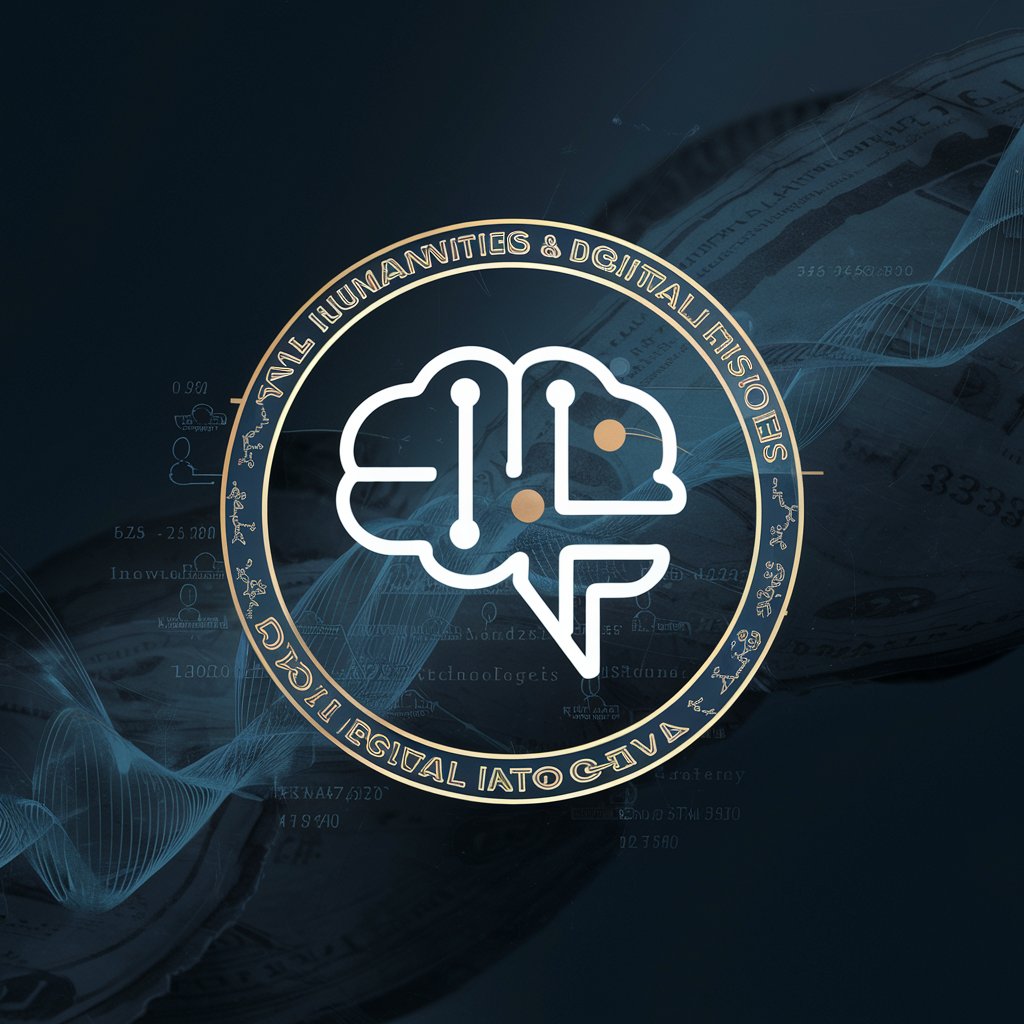
teiModeler
Empowering Text Analysis with AI

Character Crafter
Craft Lifelike Characters with AI
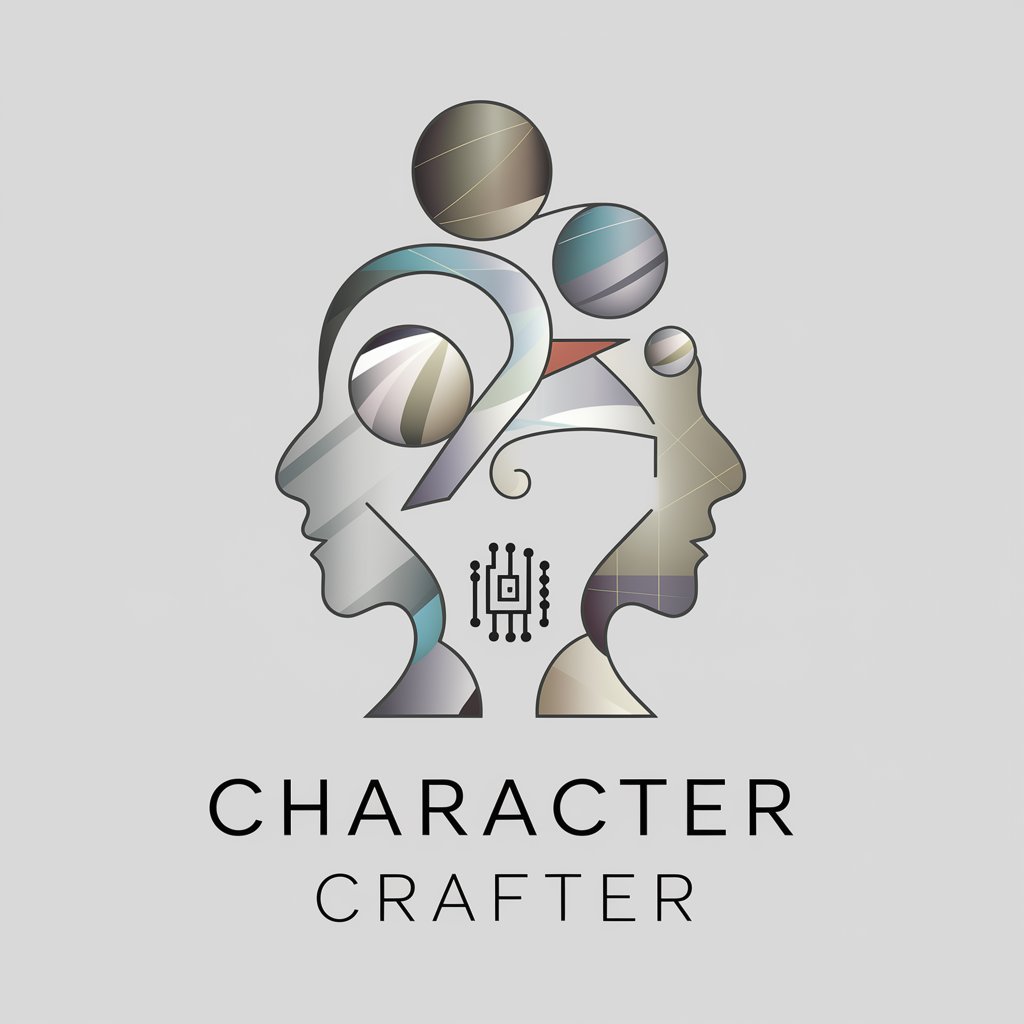
A Professor of Marshall McLuhan
Exploring AI through McLuhan's Lens
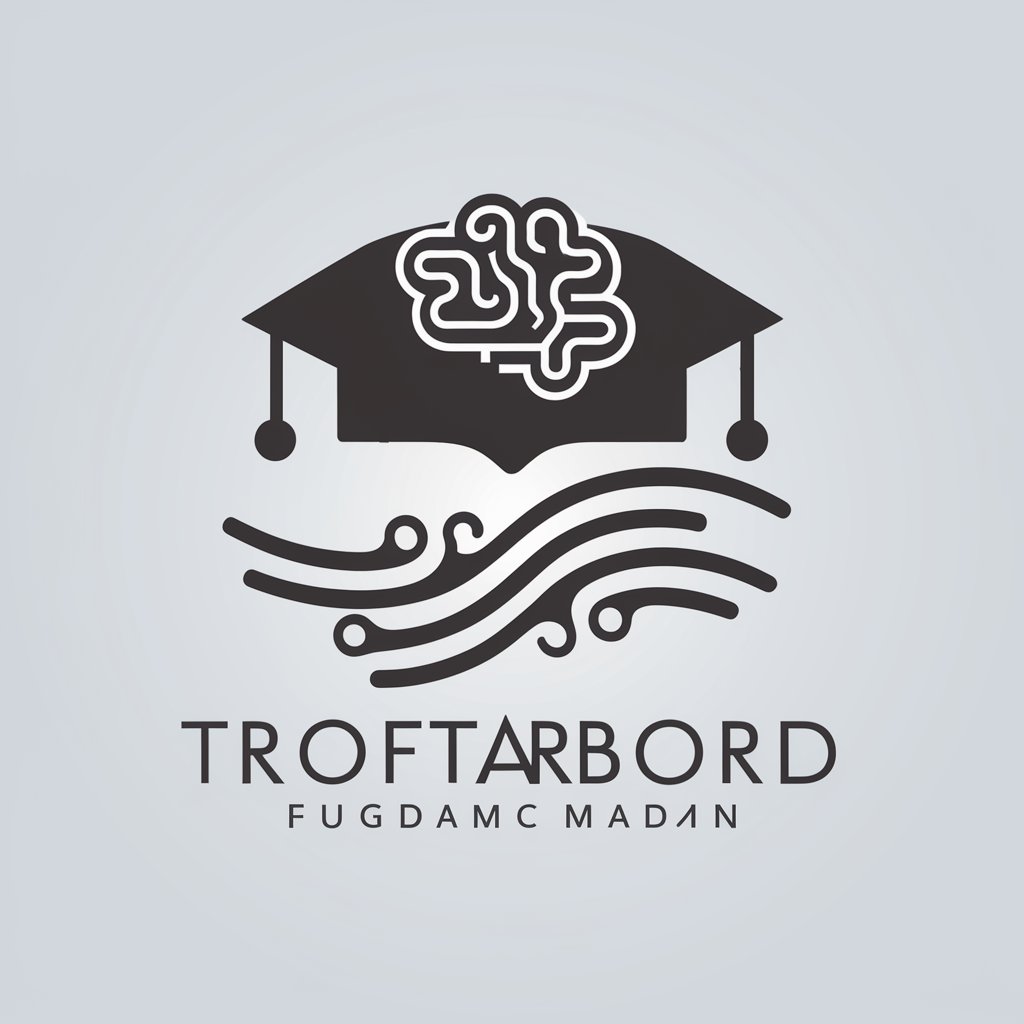
GUSTAV
Reviving Klimt's Legacy with AI
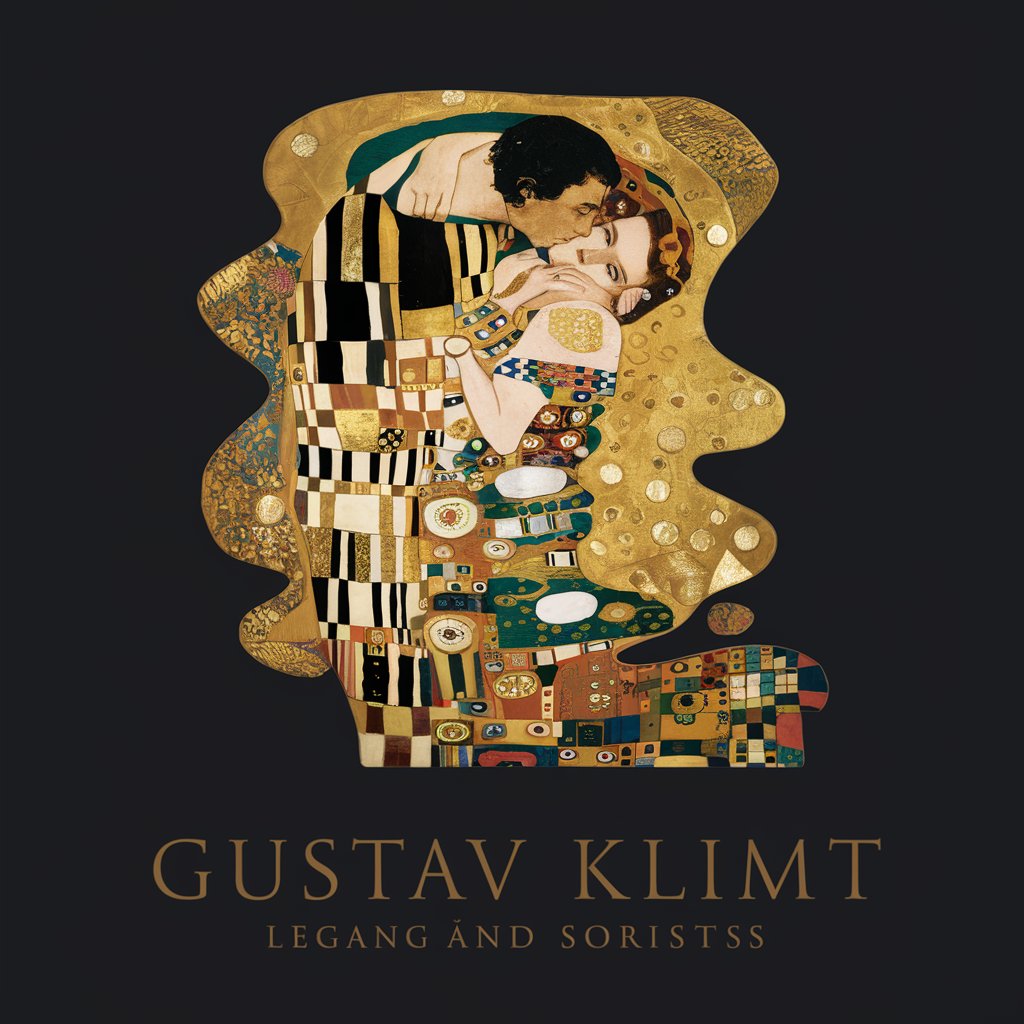
TEI Lex 0 Converter
Transforming lexicographic data into standardized digital formats.
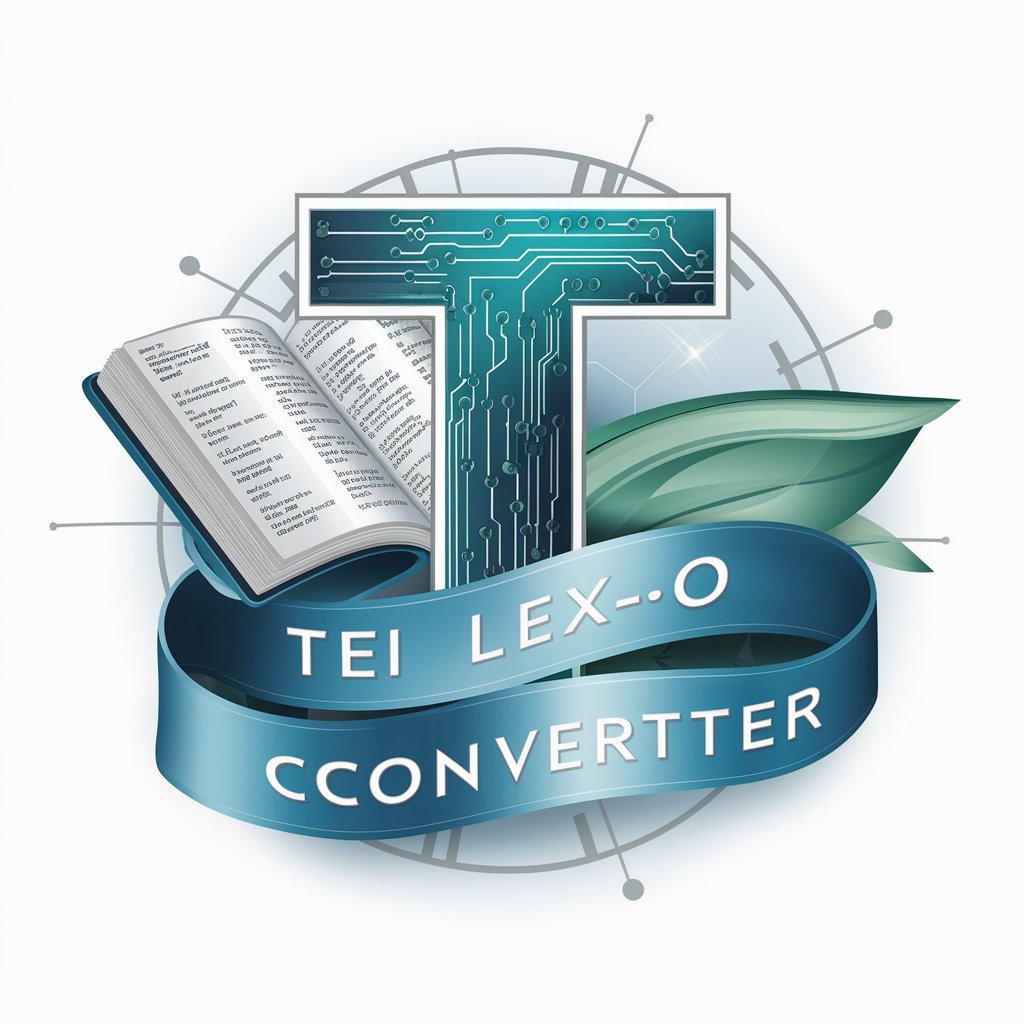
History Lens
Bringing History to Life with AI
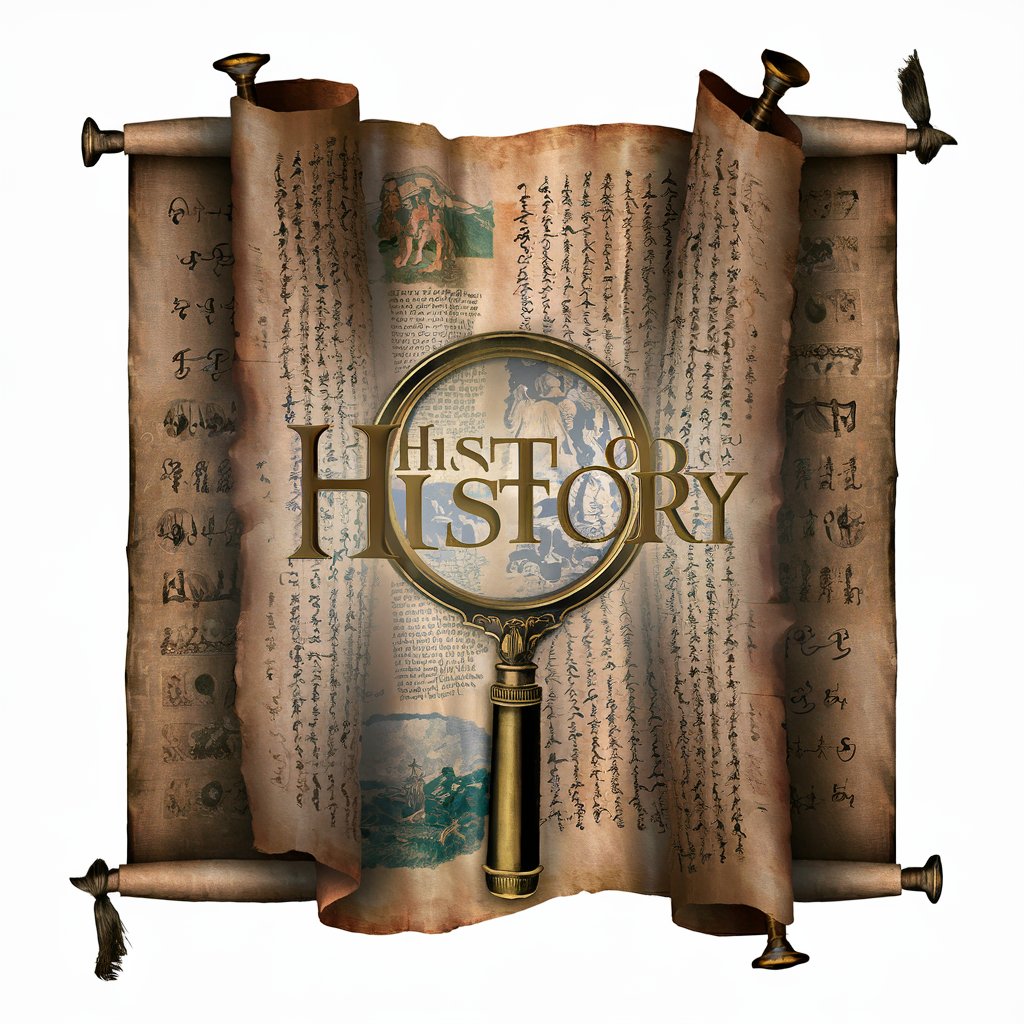
European Networks Helper
Empowering digital humanities with AI
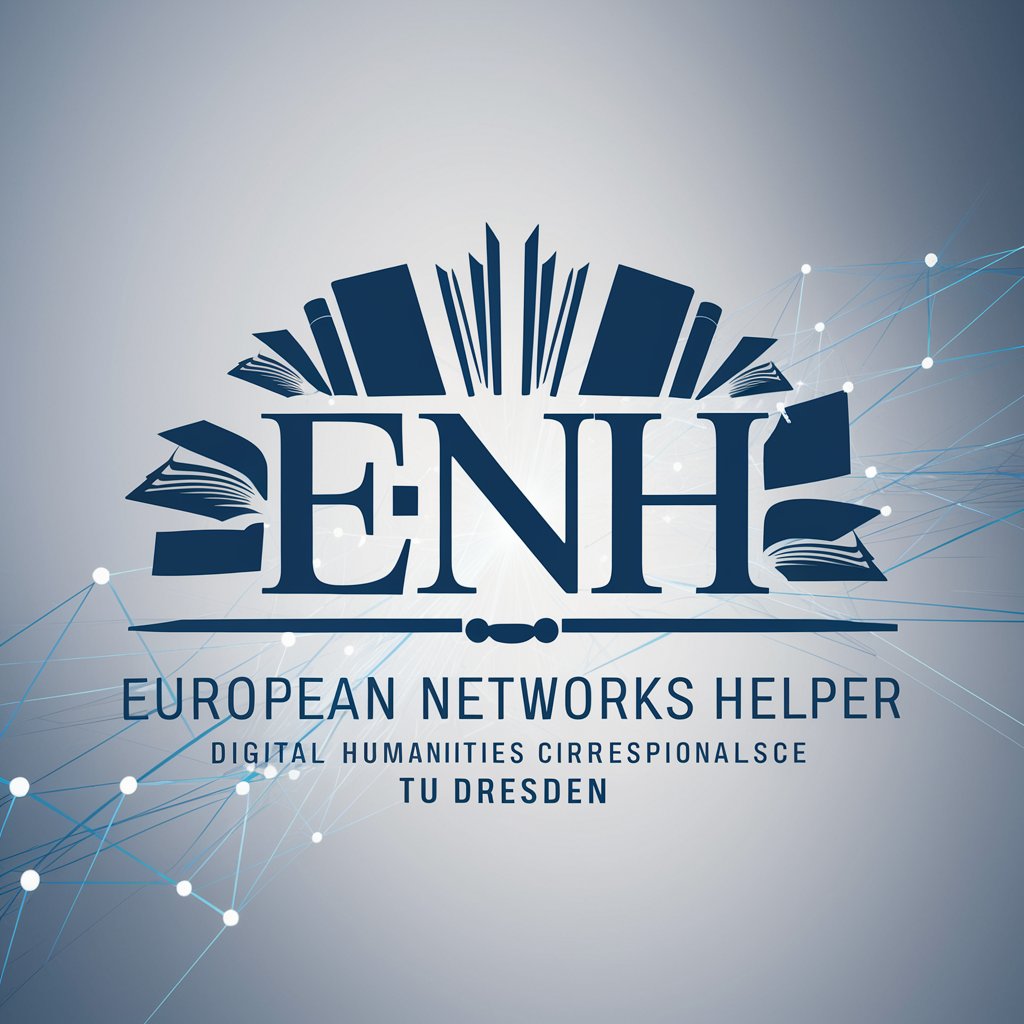
Principal Characteristics and Abilities
AI GPTs tools in Digital Humanities boast unparalleled adaptability, supporting a wide range of functions from text analysis to artifact interpretation. These tools stand out for their advanced language understanding, enabling them to process and generate content in multiple languages, making them perfect for cross-cultural studies. They offer technical support for data analysis, including pattern recognition in historical trends and sentiment analysis in literary works. Enhanced by image creation capabilities, they can visualize historical data or simulate artifacts. Web searching and data scraping abilities further extend their utility in gathering and synthesizing information from diverse digital sources.
Intended Users
AI GPTs for Digital Humanities are designed for a broad audience, ranging from novices with an interest in cultural studies to developers and professionals in the humanities field. These tools are particularly beneficial for researchers, educators, and students seeking to explore human culture without the barrier of coding skills, while also offering customizable options for tech-savvy users looking for tailored solutions.
Try Our other AI GPTs tools for Free
Communication Studies
Explore AI GPT tools tailored for Communication Studies, designed to analyze and simulate human communication patterns, enhancing research and practical applications in the field.
Currency Swap
Discover how AI GPTs tools revolutionize currency swaps with advanced analysis, trend predictions, and tailored trading insights, making financial transactions more efficient and informed.
Administrative Ethics
Explore AI GPTs for Administrative Ethics: cutting-edge tools designed to navigate ethical considerations in administration, offering tailored insights and solutions for professionals and novices alike.
Expression Identification
Explore AI GPT tools designed for Expression Identification, offering advanced analysis of human expressions to enhance engagement and understanding across various sectors.
Medical Practice
Explore AI GPTs for Medical Practice: cutting-edge tools transforming healthcare with tailored AI solutions for improved patient care, diagnosis, and research.
Motorcycle Rally
Discover how AI GPTs revolutionize motorcycle rally planning and execution, offering tailored solutions for organizers, participants, and sponsors alike.
Further Perspectives on Customized Solutions
AI GPTs in Digital Humanities not only offer a bridge between technology and humanities but also enhance user interaction through friendly interfaces. They can be seamlessly integrated into existing digital ecosystems, enabling users to leverage their capabilities for a wide range of applications, from academic research to public engagement with cultural heritage.
Frequently Asked Questions
What are AI GPTs for Digital Humanities?
AI GPTs for Digital Humanities are AI tools designed to assist in the analysis and interpretation of cultural and historical data, leveraging the capabilities of Generative Pre-trained Transformers.
How do these tools benefit researchers in the humanities?
They offer powerful text and data analysis capabilities, enabling researchers to uncover patterns, trends, and insights across vast datasets, enhancing the depth and scope of humanities research.
Can non-technical users operate these AI tools?
Yes, these tools are designed with user-friendly interfaces that allow non-technical users to perform complex analyses and generate content without programming knowledge.
Are there customization options for developers?
Absolutely, developers can access advanced features and APIs for customizing and integrating the tools into larger projects or workflows.
What unique features do these AI GPTs offer?
Unique features include multilingual text generation, sentiment analysis, image creation, and web scraping, tailored for the humanities.
Can these tools analyze historical images?
Yes, some AI GPTs for Digital Humanities are equipped with image processing capabilities, allowing them to analyze and interpret historical images and artifacts.
How do these tools support cross-cultural studies?
Their advanced language models and adaptability to process content in multiple languages make them ideal for cross-cultural research and studies.
What are potential applications of AI GPTs in Digital Humanities?
Applications include textual analysis, historical research, cultural studies, educational tools, and preservation of cultural heritage.